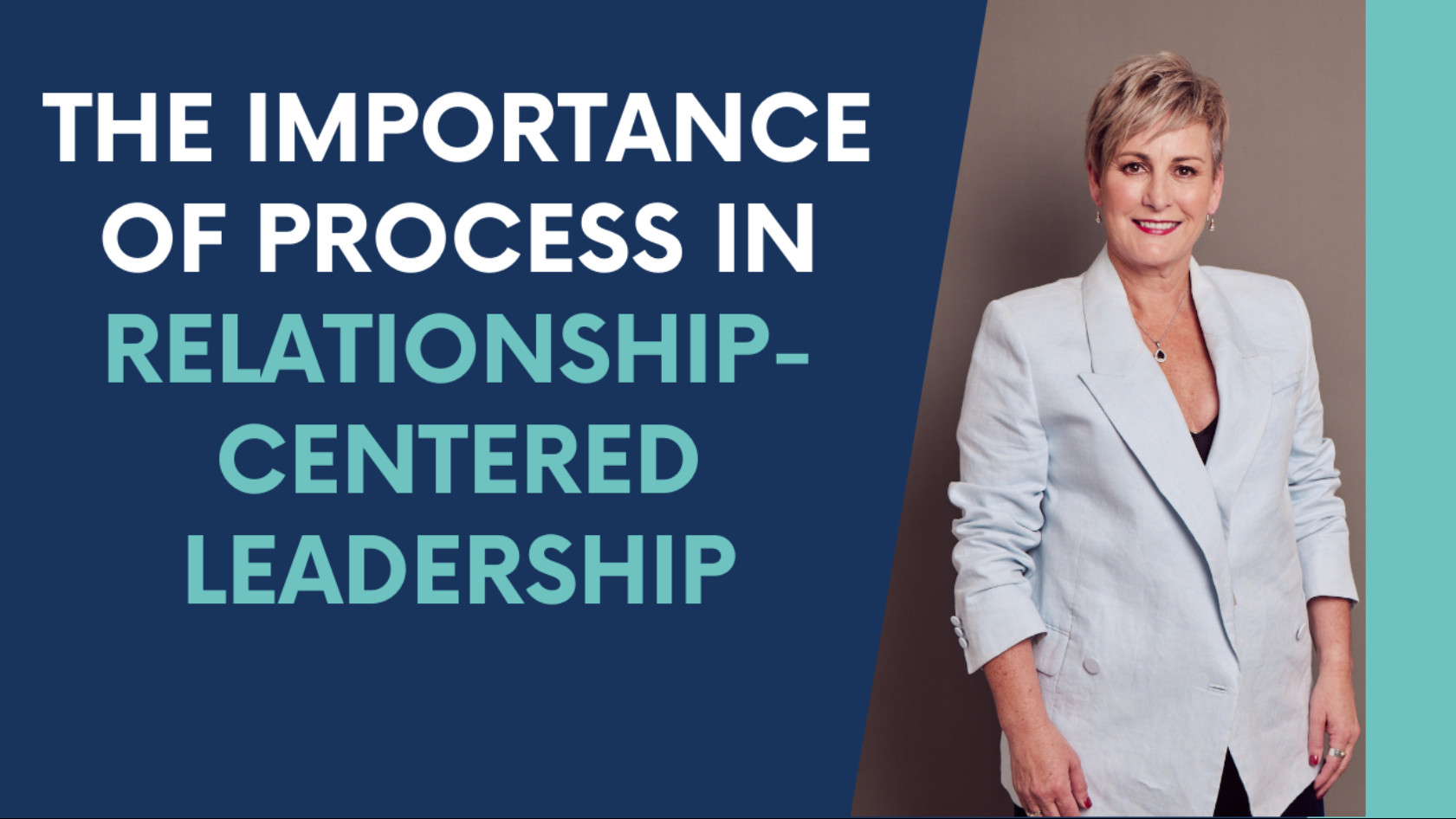
Recently, I spoke with a group of Senior Leaders about the concept of process in leadership, and they were surprised to discover that ‘Process’ is one of the three Ps in my 3P Relationship-Centered Leadership system. When I asked about their surprise, they expressed a common belief: that relationships are more organic and that process seems to contradict that notion. However, I firmly believe that to effectively implement a relationship-centered approach, a robust process is essential. By establishing clear processes, leaders can systematise their practices, ultimately enhancing both efficiency and effectiveness within their teams.
At its core, relationship-centered leadership emphasises essential human elements like empathy, communication, and connection. Research by Kouzes and Posner (2017) shows that leaders who cultivate strong relationships significantly boost engagement and productivity. By focusing on a small set of key practices and making them systematic, leaders can enhance their effectiveness and make better use of their time. Establishing clear processes for communication, feedback, and decision-making allows leaders to streamline their efforts, ensuring that they can devote more energy to fostering meaningful connections within their teams. This approach simplifies leadership practices and empowers team members, leading to a more cohesive and efficient work environment.
To truly harness the power of relationship-centered leadership, leaders should adopt several actionable steps to create effective processes:
One of the key aspects of a successful leadership process is establishing clear communication channels. When leaders define how information flows within their teams, they ensure everyone is on the same page. This enhances clarity and reduces misunderstandings. By standardising communication processes, leaders can enhance their relationship-building efforts while promoting transparency and trust.
Actionable Steps:
Research shows that effective communication is critical for team dynamics and performance.
Feedback is vital in any relationship. Relationship-centered leaders should implement structured feedback processes that allow team members to share their thoughts and suggestions openly. Regular check-ins, one-on-one meetings, and anonymous surveys can facilitate this.
Actionable Steps:
According to research by Gallup (2021), teams that engage in regular feedback are 4.6 times more likely to be engaged than those that do not.
A clear process helps define roles and responsibilities within a team. When everyone knows their responsibilities, it reduces confusion and enhances accountability. This clarity is crucial for relationship-centered leadership, as it allows leaders to delegate effectively, empowering team members to take ownership of their work.
Actionable Steps:
A study by Harvard Business Review (2018) found that well-defined roles lead to higher performance and job satisfaction, ultimately strengthening relationships among team members.
Decision-making can often be a source of tension in teams. However, relationship-centered leaders can reduce friction by implementing clear decision-making frameworks. Involving team members in the process and establishing criteria for decisions enables leaders to foster a sense of ownership and collaboration.
Actionable Steps:
Research by McKinsey & Company (2020) suggests that organizations adopting inclusive decision-making processes see improved performance and employee satisfaction.
The importance of process in relationship-centered leadership cannot be overstated. By systematising leadership practices through clear communication, structured feedback, defined roles, and effective decision-making frameworks, leaders can enhance both efficiency and effectiveness within their teams. This, in turn, fosters a culture of trust, collaboration, and engagement, essential for navigating the complexities of the modern workplace.
As we move forward in an increasingly dynamic world, relationship-centered leadership that embraces robust processes will not only drive organisational success but also create environments where individuals feel valued and empowered. Need support, reach out for a virtual coffee. This is one of my favourite topics to talk help people with.